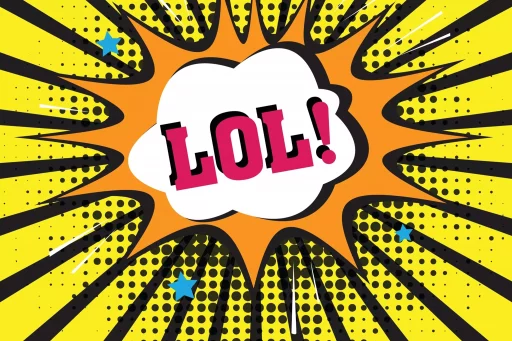Introduction to NPC in Slang
The term “NPC” has evolved significantly from its roots in gaming to become a popular slang term in today’s digital conversations. Originally, NPC stands for “non-playable character,” referring to computer-controlled characters in video games. However, its usage has expanded into an insult or a descriptor for people perceived as lacking individuality or independent thought. In this article, we will explore the nuances of this slang term, its implications, and its impact on social interactions.
The Origin of NPC
In video games, NPCs are characters that players interact with but do not control. They often serve specific functions, such as providing quests or information. The concept has been around since the early days of gaming but gained notoriety in the 1980s and 1990s when games became more complex. With the rise of internet culture, particularly in forums and social media, the term began to be redefined.
The Evolution of the Term
As social media platforms flourished, the term “NPC” transitioned from gaming lexicon to a broader cultural commentary. It became a way to describe individuals who are perceived as overly compliant, lacking critical thinking, or merely repeating mainstream ideas without question. Here are some key points regarding its evolution:
- 2000s: Emergence of online forums where gamers discuss NPC behaviors.
- 2016: The phrase “NPC” is first used on Reddit to criticize people for unoriginal thinking.
- 2018: The NPC meme goes viral, cementing the term’s place in popular culture.
The Game-Themed Meme
The NPC meme was a simplistic depiction of a gray, expressionless character from games, contrasting sharply with the rich, diverse personalities players control. For example, in 2018, a viral meme featured an NPC character alongside captions that portrayed real life statements made by people seen as mindlessly conforming to societal pressures. This visual representation and its subsequent spread on social media platforms highlighted the perceived emptiness of unoriginal thought.
Criticism and Controversy
While the term has gained traction for its humorous take on conformity, it has also been the subject of serious criticism:
- Dehumanization: Critics argue that labeling individuals as “NPCs” can dehumanize them, making it easier to dismiss their views and experiences.
- Political Undertones: The term is often used in politically charged contexts, leading to accusations of it being a tool for trolling or disparaging opposing viewpoints.
- Simplification of Complex Issues: It can oversimplify discussions by reducing nuanced arguments to mere criticisms of conformity.
NPC in Everyday Conversations
The use of “NPC” in day-to-day language is often met with varying degrees of acceptance. People might use it humorously among friends, but it can cause offense in more serious discussions. Consider the following scenarios:
- Social Media: A Twitter user might respond to a tweet with “Stop being an NPC” when criticizing repetitive or mainstream opinions.
- Gaming Communities: Within gaming circles, someone might jokingly call their friend an “NPC” after failing to suggest original strategies in a game.
- Workplace Dynamics: In conversations about corporate culture, an employee might refer to their colleagues as “NPCs” when discussing the lack of innovation in their workplace.
Statistical Insights
Interest in the term “NPC” has yielded various insights into its usage on social platforms:
- According to a 2019 survey conducted on Twitter, 35% of users had encountered the term “NPC” in a meme context.
- Approximately 15% of individuals admitted to using it in discussions about politics or social issues.
- Social media analysis shows a 300% increase in mentions of “NPC” from 2017 to 2019, highlighting its rise in mainstream language.
Conclusion: Navigating the NPC Landscape
As the term “NPC” continues to evolve, it serves as a reflection of digital culture’s impact on conversation and social dynamics. While some may find humor in the label, it’s essential to navigate this slang term with an understanding of its potential consequences. Recognizing the impact of language helps foster more respectful and thoughtful discourse, especially in an increasingly polarized world.






